5 things you should never put in a slow cooker, according to both cooks and appliance experts
Contrary to popular belief, you can't cook everything in them
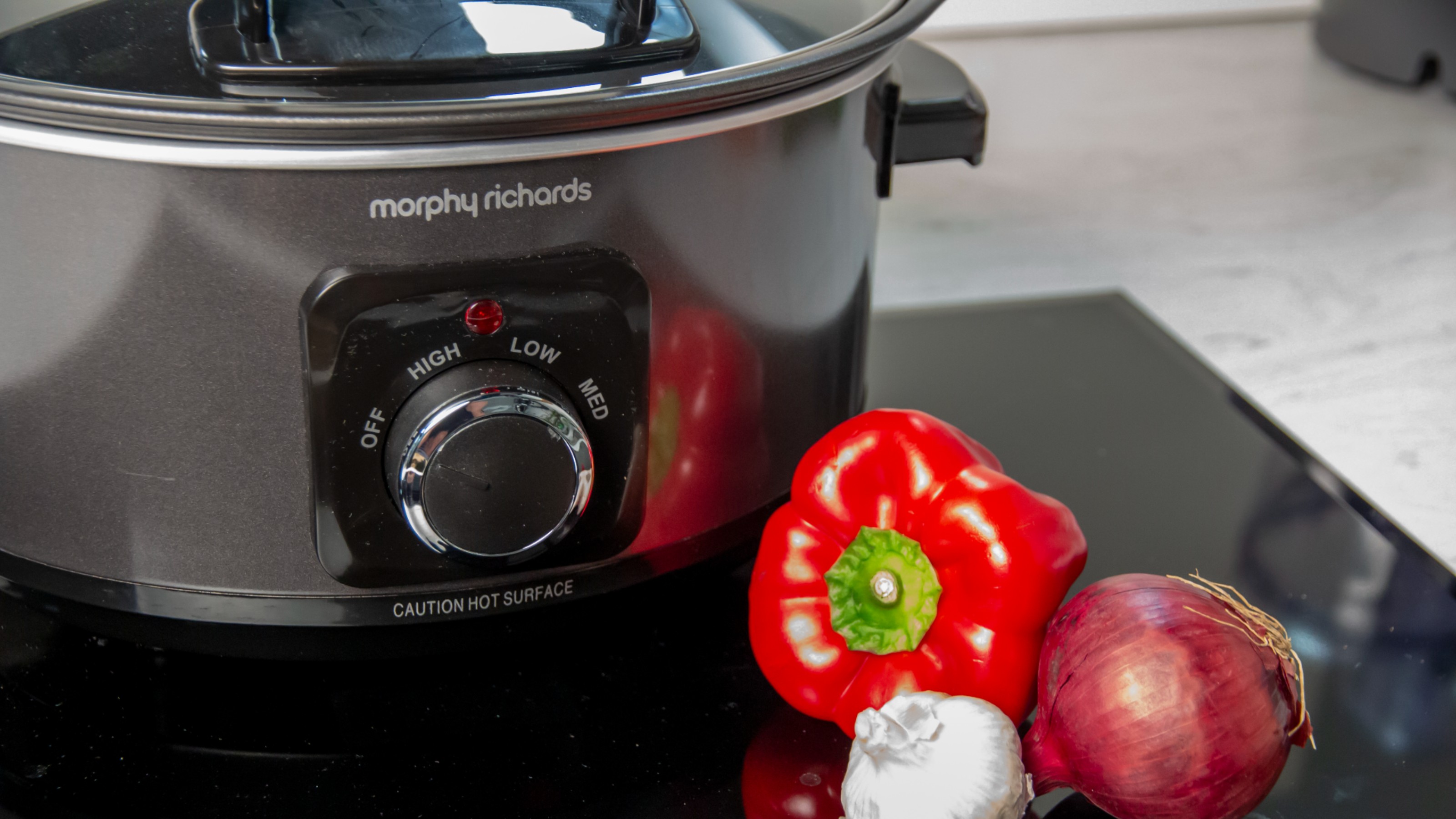

If you've ever met a slow cooker fanatic, there's a chance you'll have heard them say this at least once: you can cook anything in it. However, what if we told you that this isn't necessarily true? In fact, there are actually a handful of things you should never put in a slow cooker.
While the best slow cookers have proven their versatility time and time again, lending themselves as heroes for cooking hearty meals for the wintertime especially, there are a couple of dishes you're better off preparing through other methods – such as turning toward your best air fryer, for example.
Although spring is among us, rest assured that it isn't time to store your slow cooker away just yet, as they're a must-have in your appliance arsenal all year round. However, with frequent use, it certainly pays to be clued up on the no-nos of using a slow cooker. So here are the meals you should avoid making in your slow cooker altogether, according to experts.
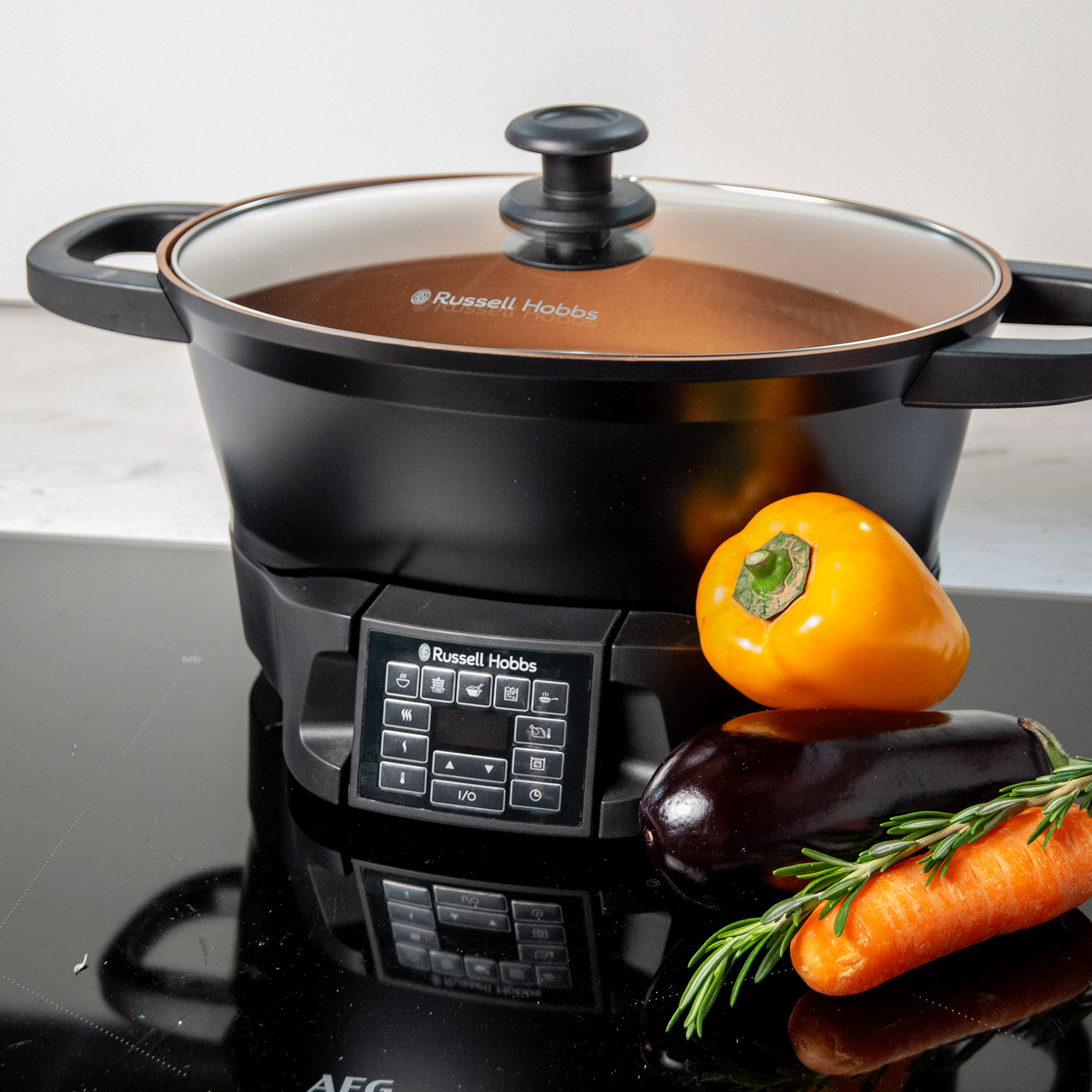
Things you should never put in a slow cooker
Similar to the worst places to put a slow cooker in a kitchen, these friendly pieces of advice are here to ensure you get the most out of your appliance and ultimately protect your investment.
Honestly speaking, these warnings are things we wish we knew before buying a slow cooker. After all, nobody wants to open their slow cooker to see an inedible mess after hours of cooking.
1. Frozen ingredients
According to the experts at Crock-Pot, placing frozen food directly into your slow cooker is a huge no-no, strongly advising against it. 'This not only maintains the integrity of the cooking process but also prioritises safety, reducing any potential risks.'
Thea Whyte, slow cooker expert at AO.com adds that putting frozen ingredients directly into a slow cooker also 'significantly increases the time it takes to reach the correct cooking temperature,' resulting in wasted energy, and ultimately up the cost of running a slow cooker.
If you have frozen ingredients you wish to cook, it's best to thaw them the night before or by defrosting them using your microwave.

2. Dairy products
Milk, cream, or cheese products should be kept away from your slow cooker wherever possible. Thea explains that 'each of these foods can curdle or separate when cooked for extended periods at high temperatures'. This not only makes for a funky texture but a questionable taste, too.
If dairy is essential to your meal, the Crock-Pot experts suggest adding these in toward the end of the cooking time. 'This ensures that your meals are perfectly textured and free from any unwanted curdling.'
Otherwise, opt for alternatives like coconut milk or almond milk during the cooking process.
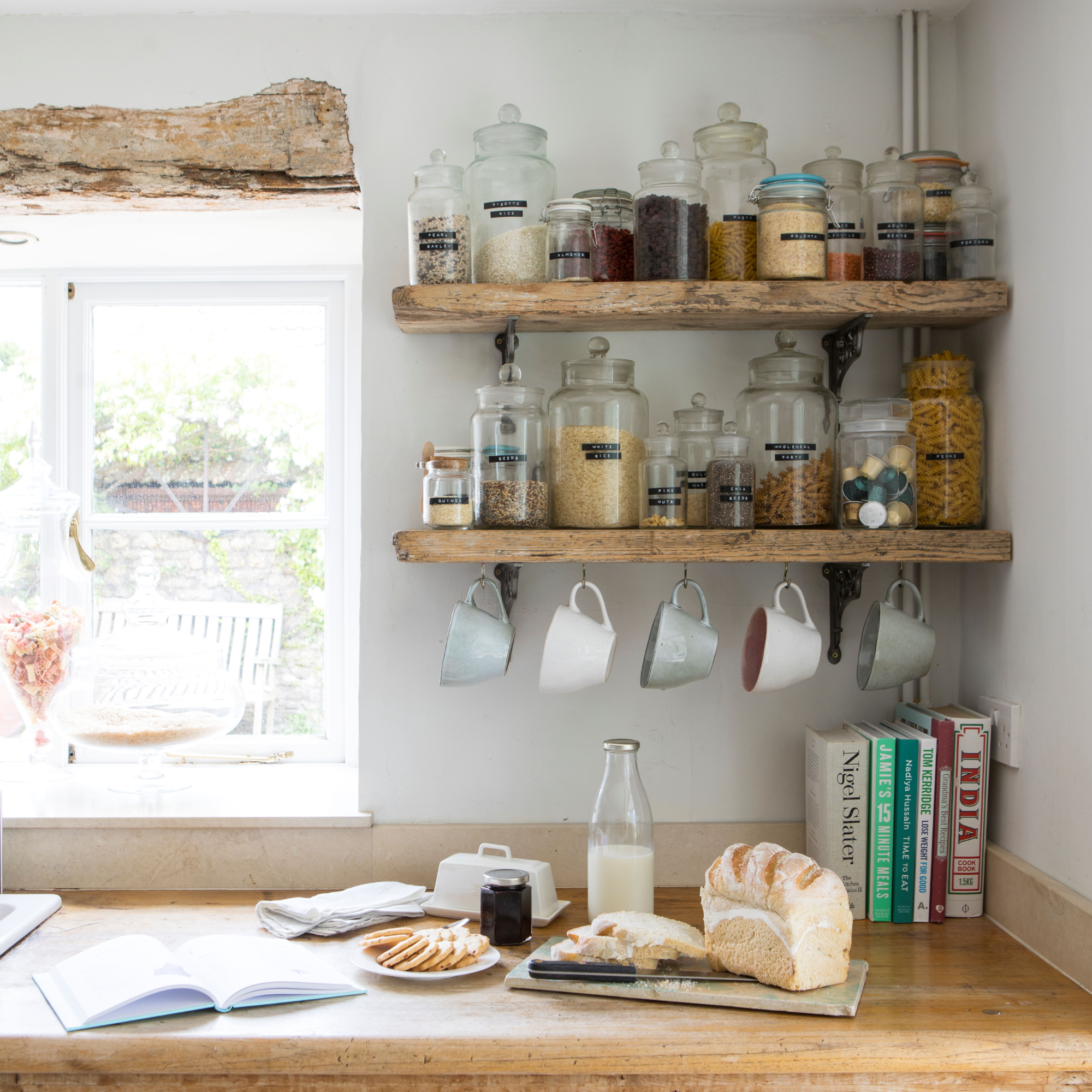
3. Raw rice and pasta
'While slow cookers are perfect for simmering hearty stews and spice-packed curries, they are not the best tool for cooking rice,' begins Sanjay Aggarwal, author and co-founder of Spice Kitchen. 'I get that the idea of effortless rice cooking sounds appealing, but slow cookers typically take longer – up to a whopping couple of hours – to fully cook rice compared to 10-15 minutes on the hob or in a rice cooker.'
The same applies to raw pasta, too as Thea adds that 'care must be given to how much water each is given along with how long they are kept in the slow cooker'. If you're not careful, you'll end up with either undercooked pasta or mushy rice – none of which are very appealing.
In this case, stick to the hob or a rice cooker for these dishes.
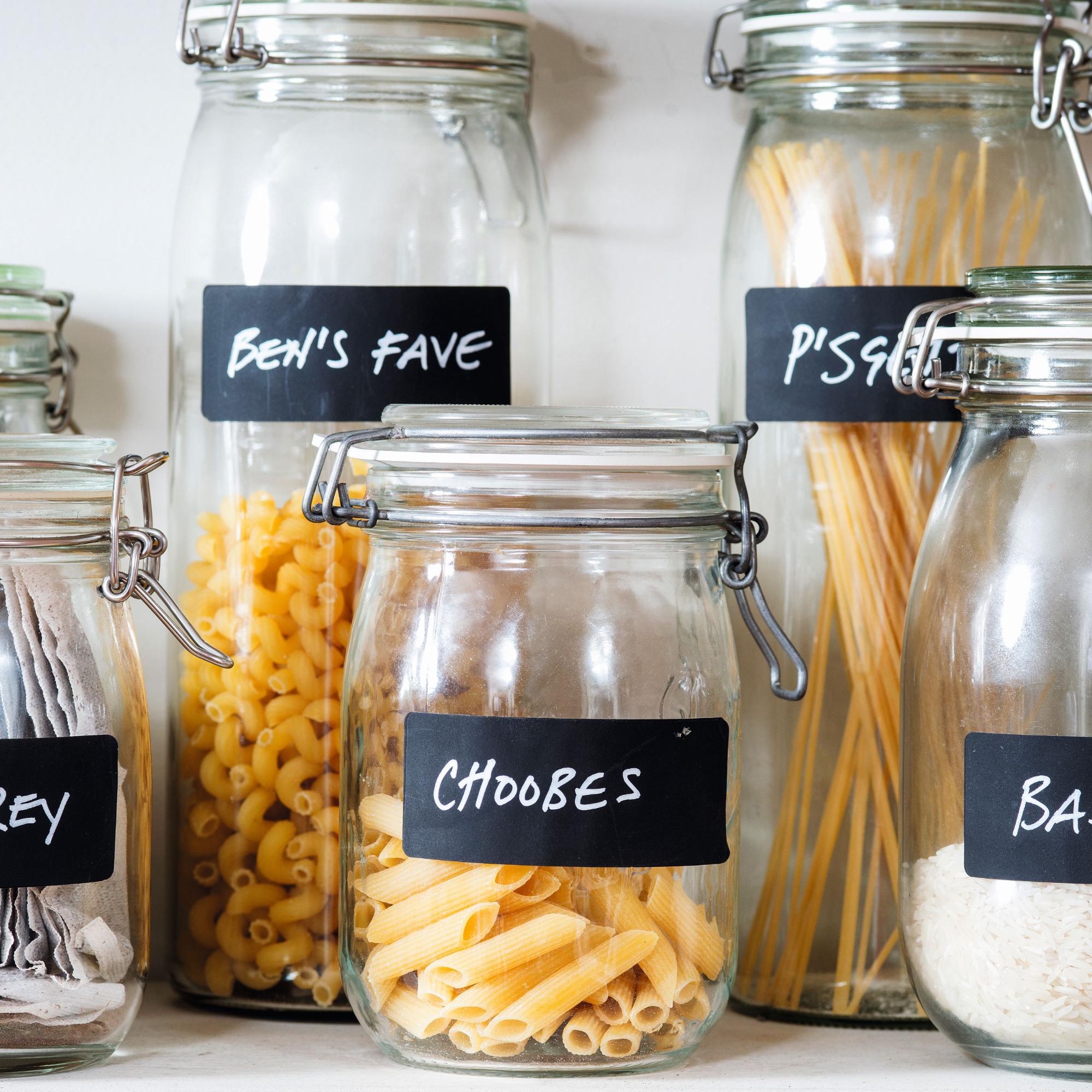
4. Leafy greens
If you're making it your goal to eat cleaner this year, you should be made aware that a slow cooker might actually not be best for delicate vegetables like spinach, kale or even broccoli.
Thea explains that this is because they can turn mushy and overcooked when placed in a slow cooker for extended periods. 'If adding leafy greens to a slow cooker recipe, try adding them towards the end of the slow cooker cycle to preserve their texture and flavour,' she advises.
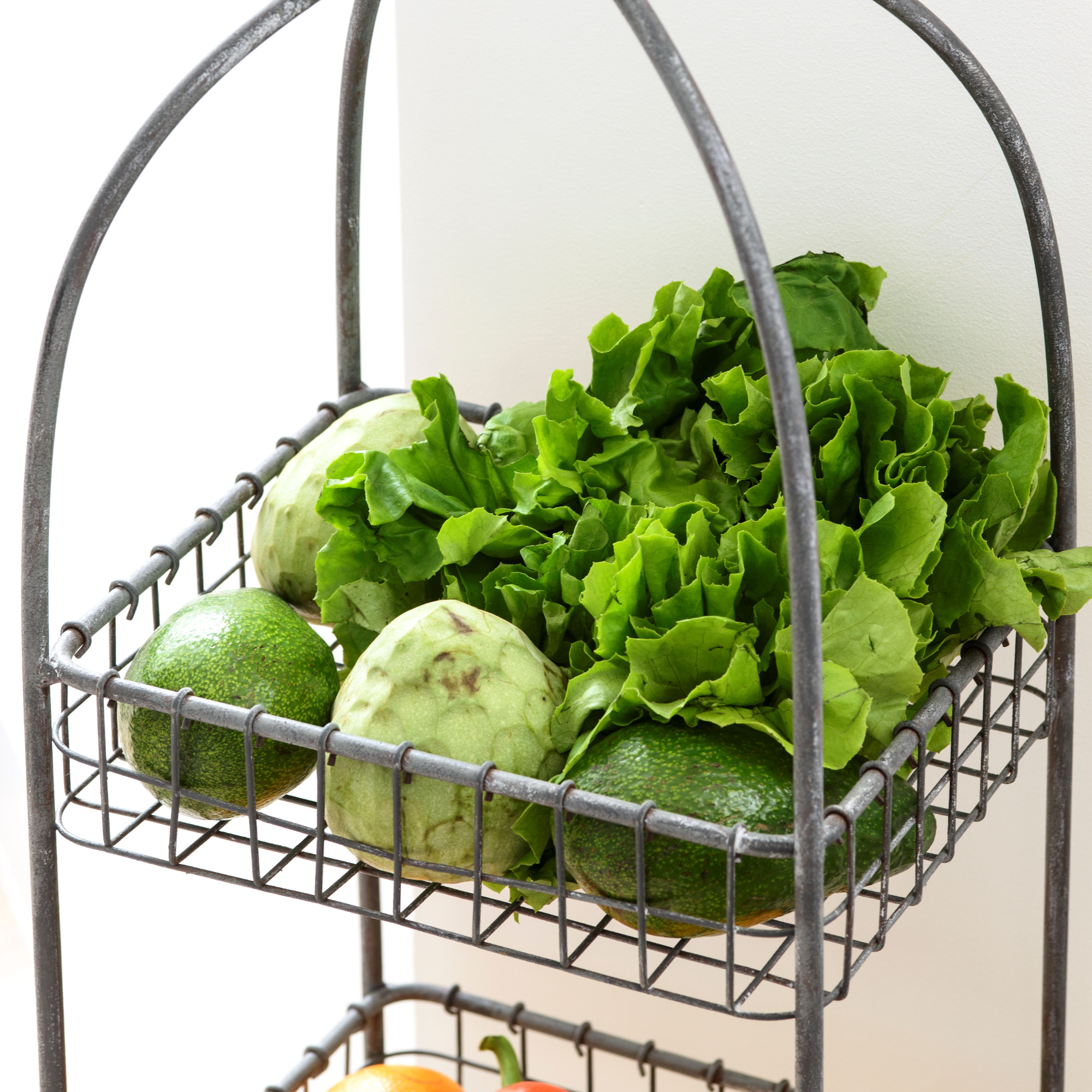
5. Seafood
Lastly, delicate seafood like shrimp, lobster, or crab are other things you should avoid putting in a slow cooker where possible. 'These can easily overcook and become rubbery in a slow cooker,' warns Thea.
If you really must cook seafood in a slow cooker, be sure to monitor how long you leave these unattended (which to be honest, kind of defeats the purpose of the set-and-forget appeal of a slow cooker). Alternatively, opt for hearty fish like salmon, instead.
Shop our top-rated slow cookers
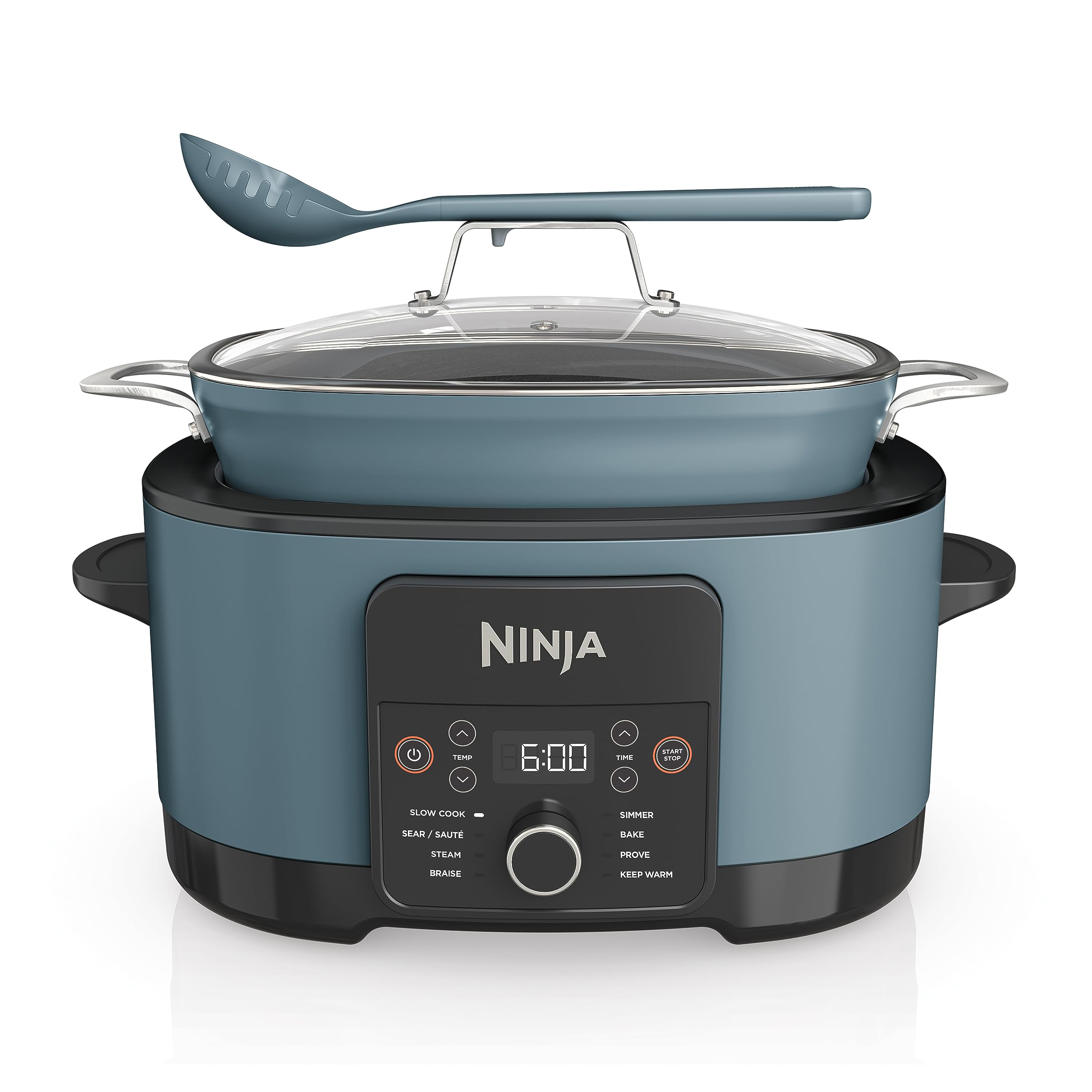
Our top-rated slow cooker at Ideal Home, this Ninja gadget has unbeatable versatility and functionality with a modern design.
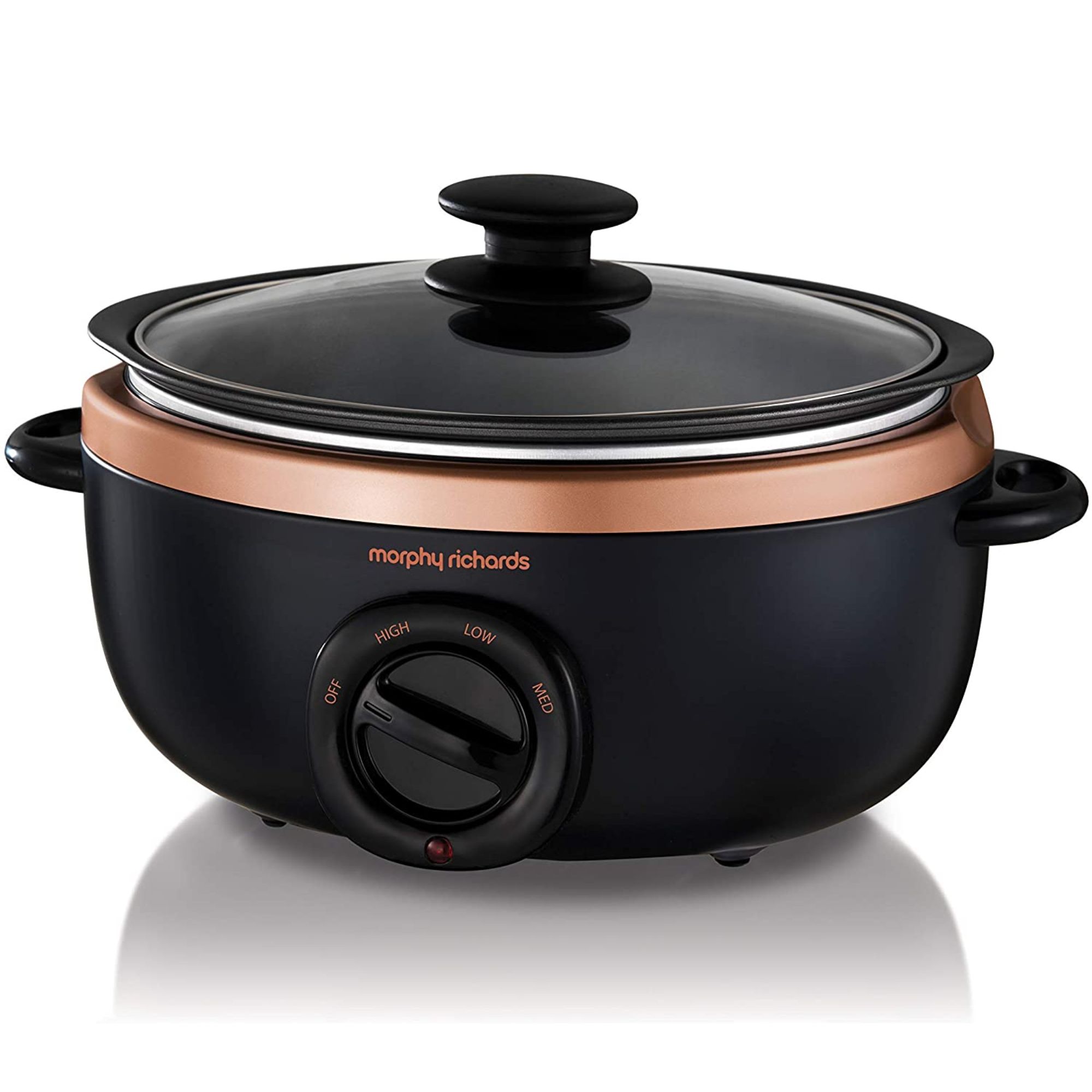
With rose gold accents, this Morphy Richards slow cooker is a treat to the eye and looks stunning in any kitchen.
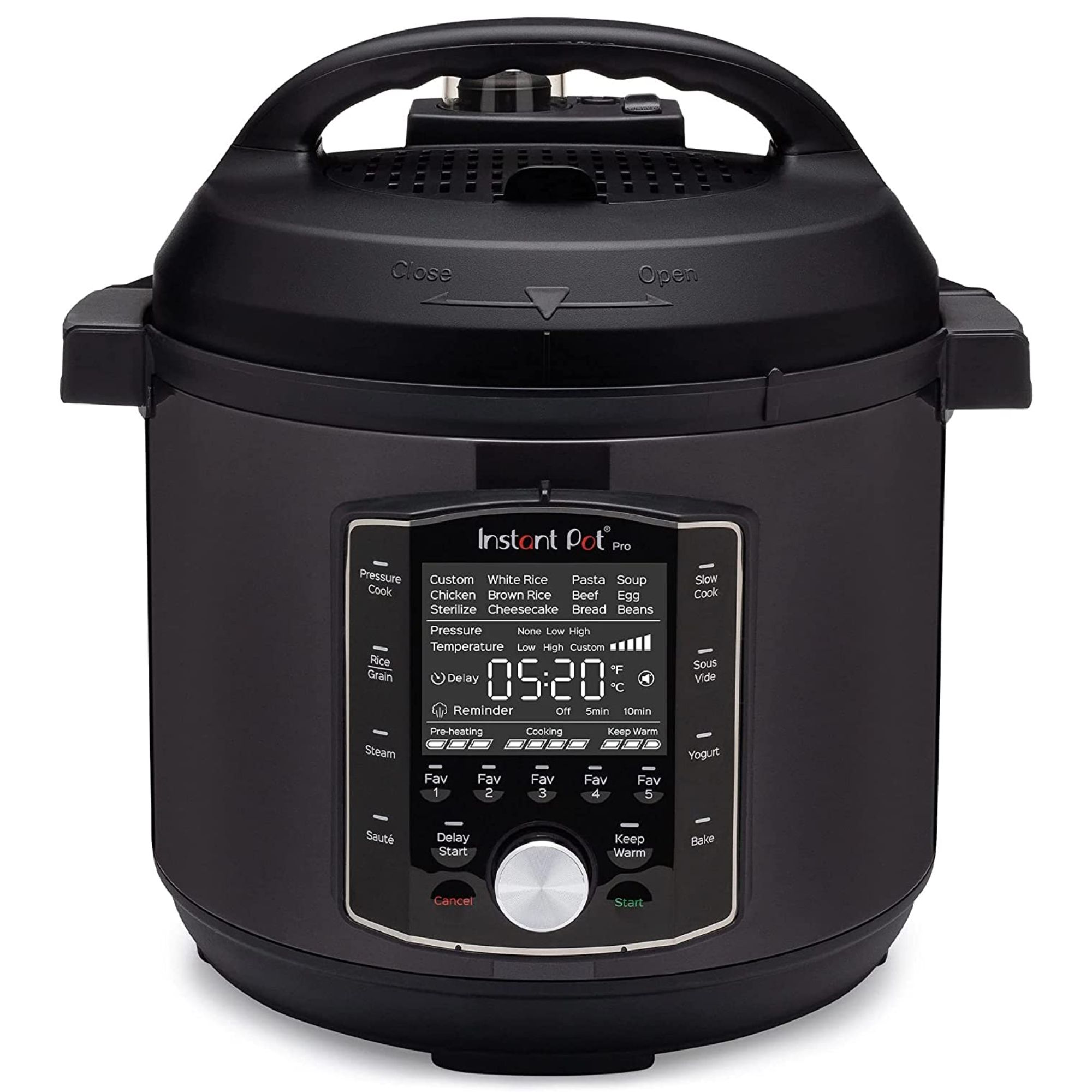
We love an Instant Pot as much as the next person, and this appliance nails the job of cooking whatever you so desire.
FAQs
What can you not put in a slow cooker?
As a general rule of thumb, Dean Harper, chef and director at Harper Fine Dining says you should avoid ingredients that require precise timing or close monitoring, such as rice or pasta. On top of that, certain ingredients like seafood, quick-cooking vegetables, and dairy products aren't suitable for slow cooking due to the risk of overcooking.
'These ingredients are best added towards the end of the cooking process, or prepared separately to maintain their texture and flavour integrity,' says Dean.
Can you cook anything in a slow cooker?
Contrary to popular belief, no, you can't just cook anything and everything in a slow cooker. According to the Crock-Pot experts, it's important to follow simple guidelines (such as the above advice on foods to avoid putting in a slow cooker) to achieve the best results.
Additionally, while it may be tempting to load up and stuff your slow cooker to the brim, it's recommended to fill it no more than two-thirds full every time. 'This allows for even cooking and minimises the risk of spills, guaranteeing hassle-free cooking every time,' assure the experts.
Get the Ideal Home Newsletter
Sign up to our newsletter for style and decor inspiration, house makeovers, project advice and more.

Jullia was Ideal Home’s Junior Writer from 2022-2024 and the Ideal Home Certified Expert in Training on Vacuums having spent over 60 hours testing different models. She’s always loved all things homes and interiors, graduating with a bachelor’s degree in Architectural Studies from the University of Nottingham where her love for writing blossomed following her internship at ArchDaily. Now focused on home tech and cleaning, Jullia works on writing features and explainers to help people make the most of their home appliance investments, putting the newest launches through their paces. When she isn’t writing, she loves exploring the city, coffee shop hopping, and losing hours to a cosy game or book.
-
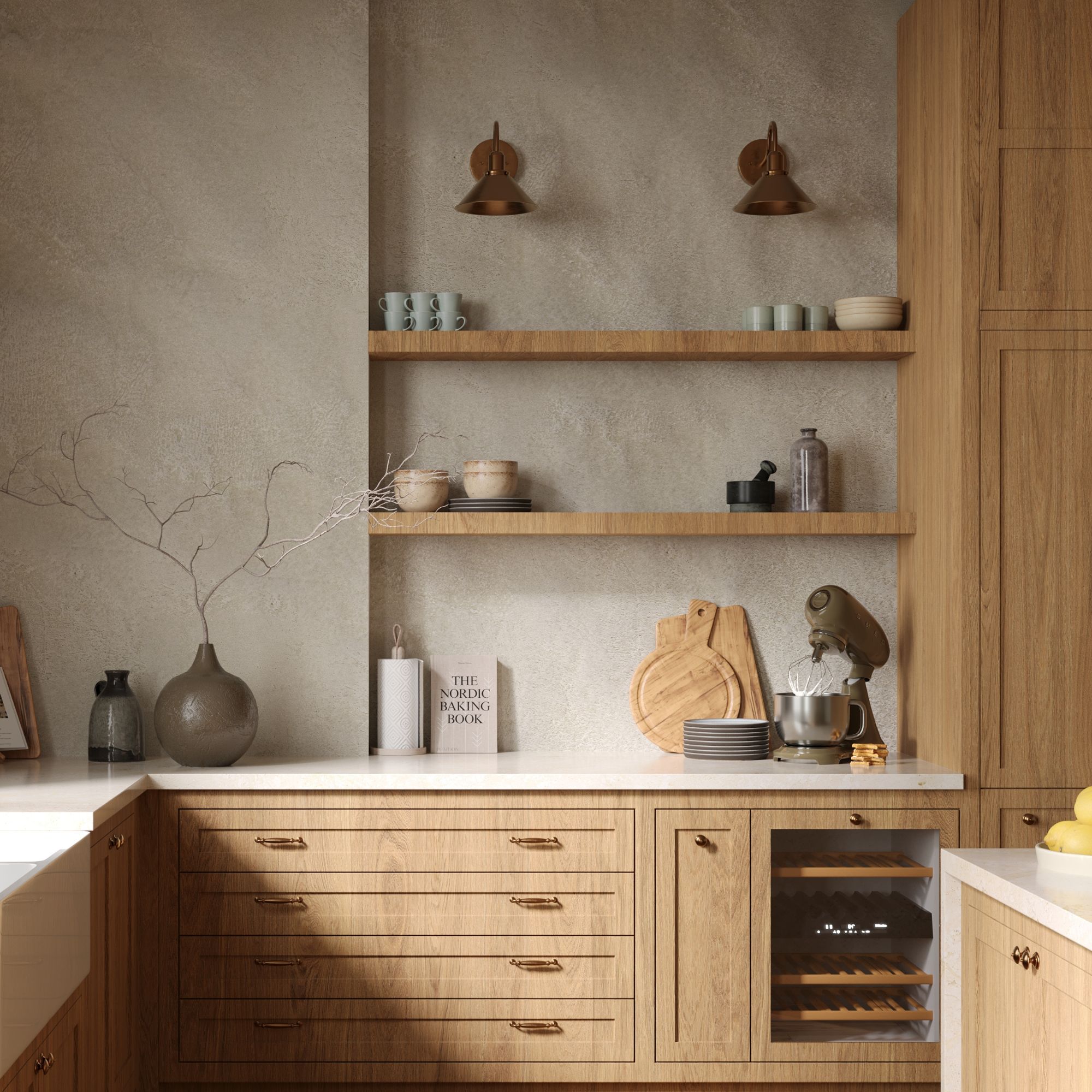 Wood drenching is the calming new twist on the colour drenching trend – here’s how to make the look work in your home
Wood drenching is the calming new twist on the colour drenching trend – here’s how to make the look work in your homeIt’s easier than ever to embrace natural materials
By Maddie Balcombe
-
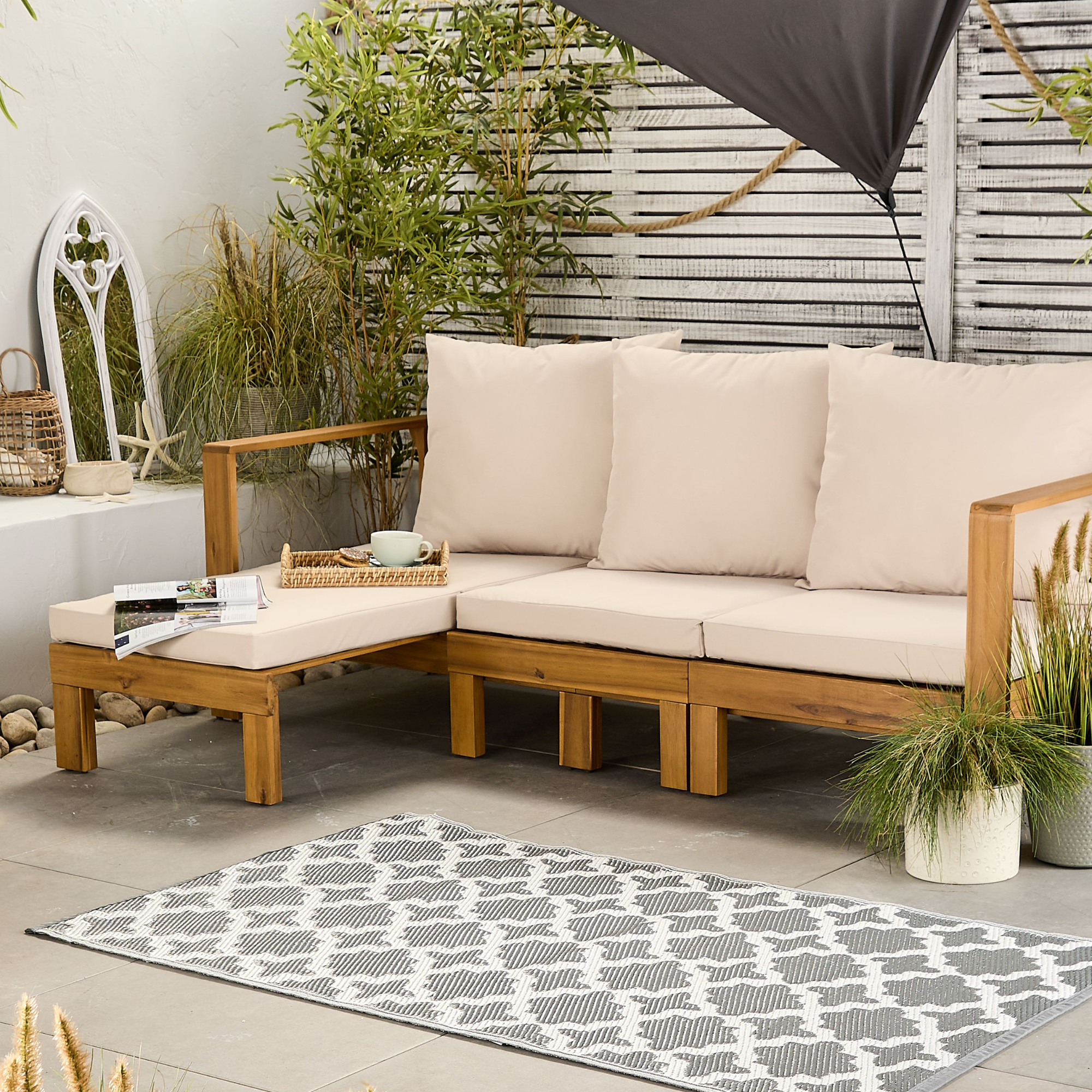 Aldi is launching a £200 day bed with four different features - its sleek design is suited to the whole family
Aldi is launching a £200 day bed with four different features - its sleek design is suited to the whole familyYou don't want to miss out on this Specialbuy
By Kezia Reynolds
-
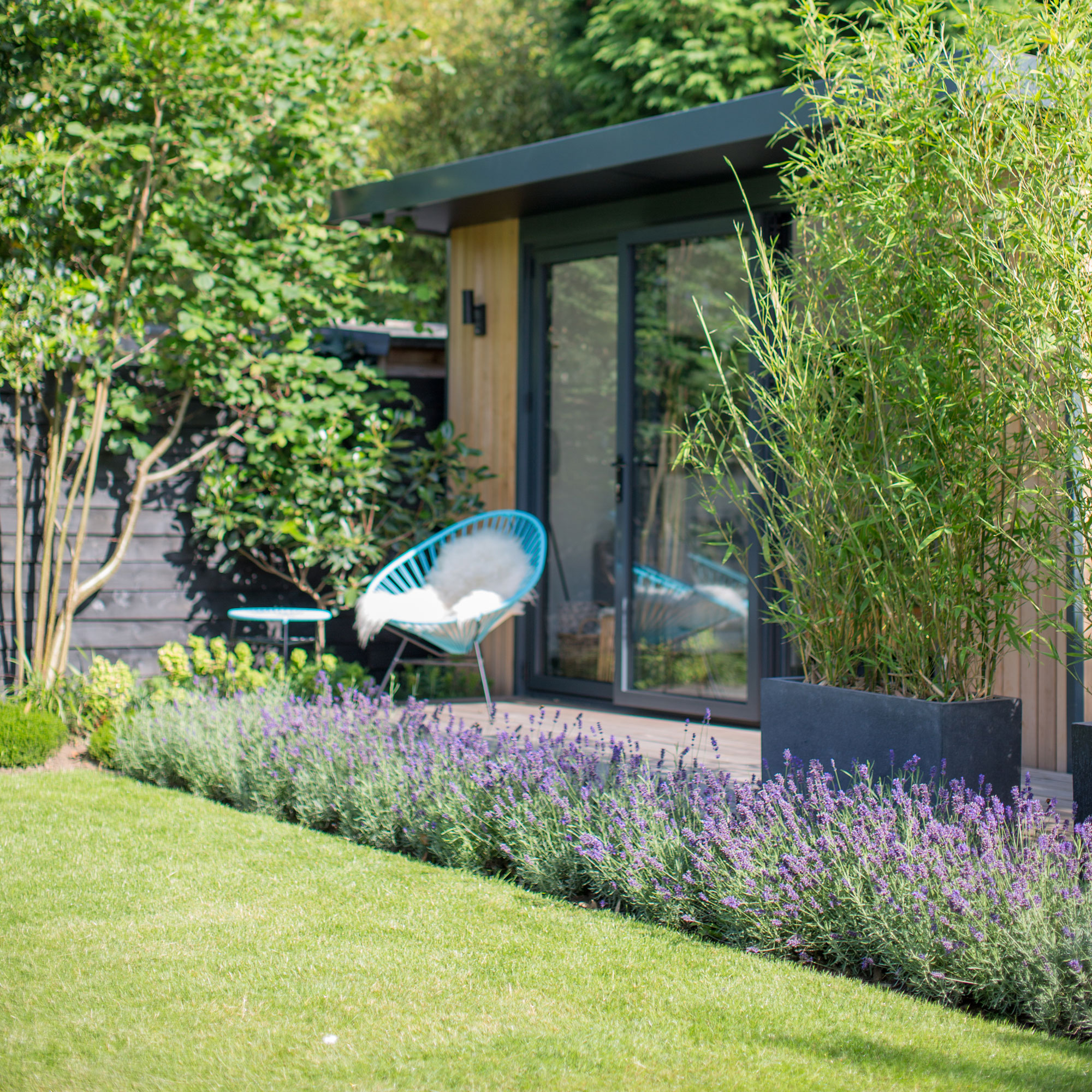 How to set up a drip watering system that saves water and a lot of effort
How to set up a drip watering system that saves water and a lot of effortKeep your plants hydrated (and your water bill down) with this clever garden watering solution
By Natalie Osborn